Flight delays are annoying and wasteful.
Discussing in Group 4 (including the National Assembly delegations of Khanh Hoa , Lai Chau and Lao Cai provinces) on the morning of October 22 about the draft Law on Civil Aviation of Vietnam (amended), the delegates basically agreed on the necessity of amending the law according to the Government's Submission and the Verification Report of the Committee on Law and Justice.
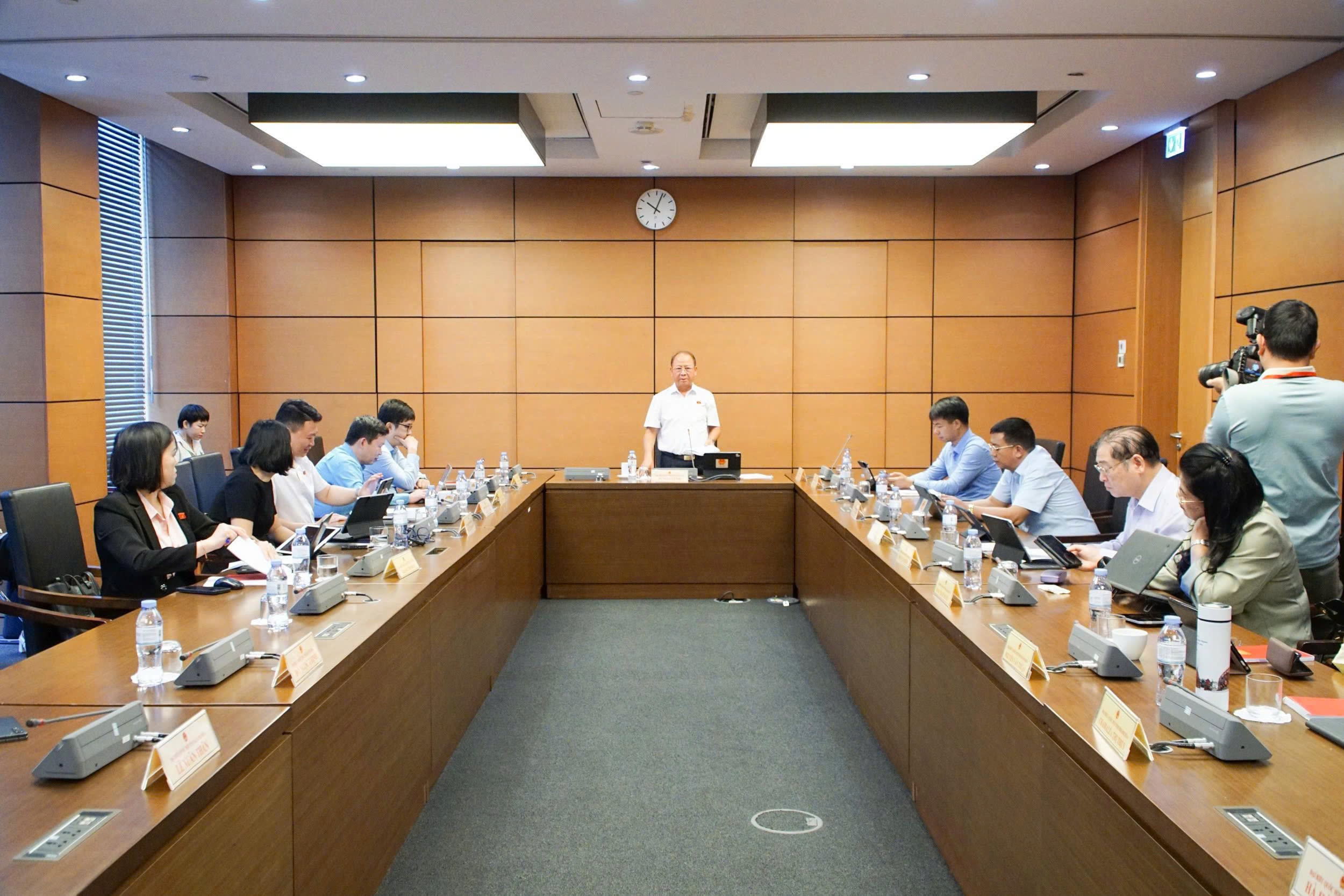
National Assembly Deputy Le Huu Tri (Khanh Hoa) said that the 2006 Civil Aviation Law has greatly contributed to building aviation infrastructure, attracting external resources to participate in the aviation sector, thereby making a very important contribution to the development of air traffic.
From the experience of Khanh Hoa province, it can be seen that aviation still plays an important role in promoting tourism development.
Delegates expressed concern that our country, although not large in area and population, has "too many airports", with more than half of the 34 provinces and cities having airports, and some provinces even having 2-3 airports.
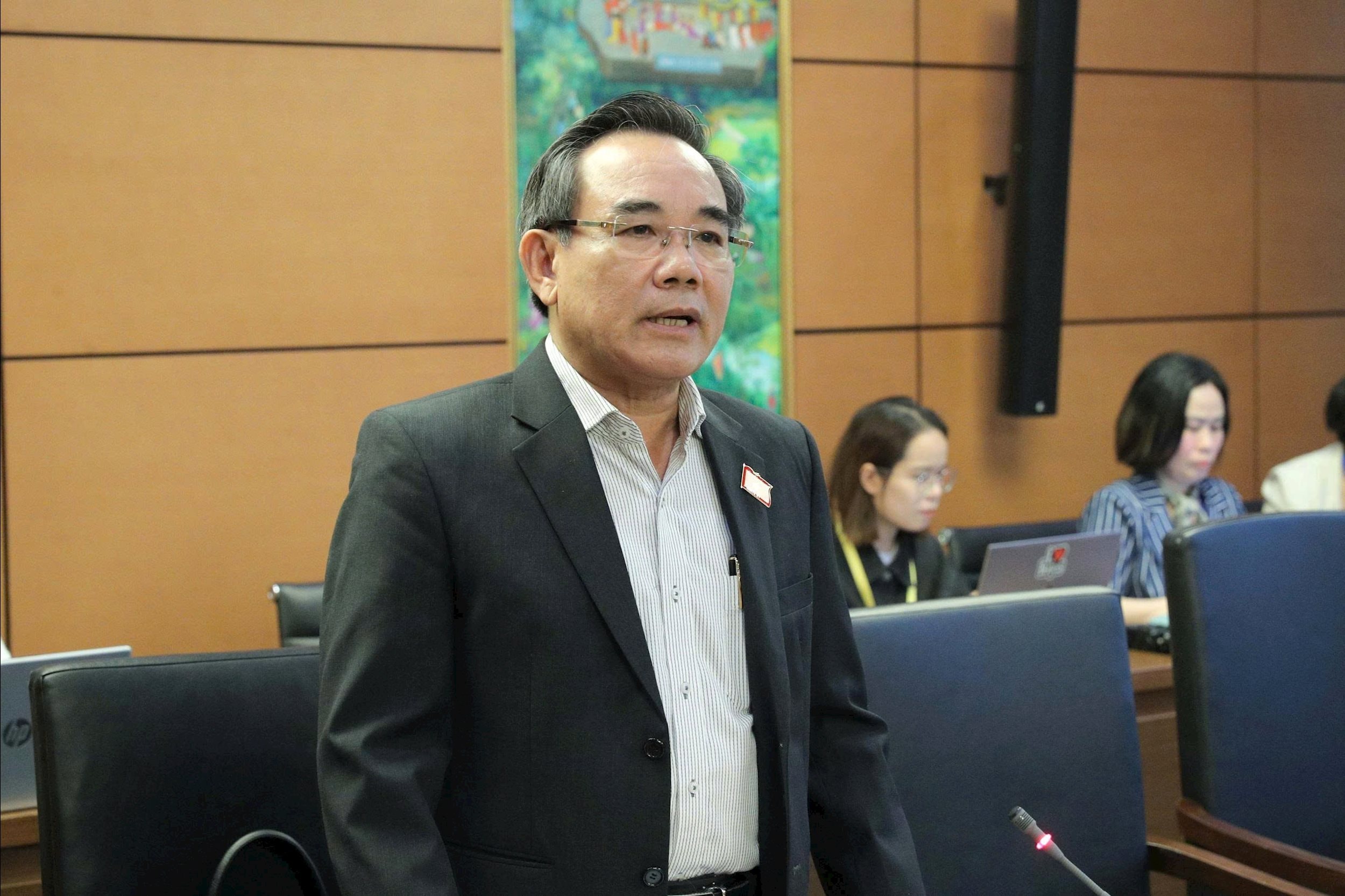
Considering this to be a difference from other countries, delegates suggested that it is necessary to review this Law as well as the Planning Law and other related laws.
According to the delegate, although the airports in our country are small in scale, have short runways, are not large in transport aircraft, and have "rickety" infrastructure in many terminals, they are international airports. "It is necessary to raise the standards of international airports," the delegate suggested.
Another issue raised by delegate Le Huu Tri is that recently, "aviation has been delayed too much"; this shows that the discipline in the aviation industry is not serious, causing many inconveniences and wastes for society; it is proposed that the draft Law needs to have regulations to overcome the situation of delayed aircraft - to overcome the discipline of aviation.
Along with that, the draft Law needs to have regulations to encourage and expand non-state sectors to participate in the aviation sector to create competition in prices and services in operations, thus encouraging the industry to develop and integrate more deeply.
Legalizing regulations to protect passenger rights
National Assembly Delegate Khang Thi Mao ( Lao Cai ) added that, regarding the principle of law application (Article 3), Clause 1 of the draft Law stipulates: "In case there is a difference between the provisions of this Law and the provisions of other laws on the same content related to civil aviation activities, the provisions of this Law shall apply."
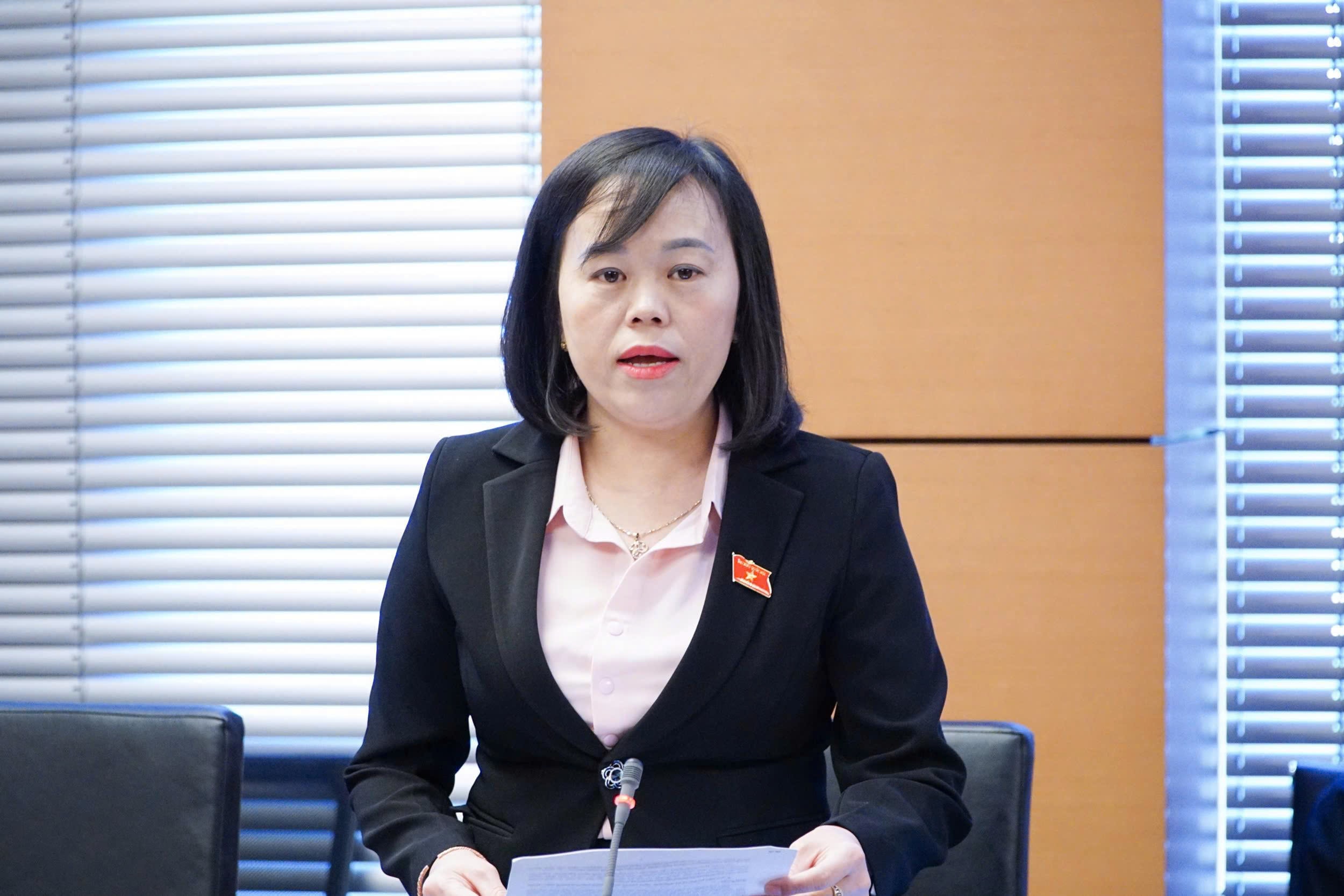
However, according to Article 4 of the Civil Code No. 91/2015/QH13 and other specialized laws, the priority of applying specialized laws needs to be clearly regulated to avoid conflicts of law, especially in matters of civil liability, compensation for damages, property ownership, contracts, etc.
Therefore, the delegate suggested that the Drafting Committee study and consider clearly defining the principle of priority in applying specialized laws, newly issued laws, and laws with higher legal effect according to the provisions of the Civil Code No. 91/2015/QH13 and guiding documents.
Regarding civil aviation development policy (Article 5), the draft Law has many preferential policies to support the development of the aviation industry, sustainable fuel, digital transformation, etc.
However, according to delegates, these policies are still general, lacking criteria, conditions, and applicable subjects, easily leading to widespread incentives, lack of focus, causing loss of resources or creating inequality among businesses.
Therefore, the Drafting Committee needs to research and consider specifying the criteria, conditions, and beneficiaries of incentives and support for the development of the aviation industry, sustainable fuel, digital transformation, etc. in a transparent, public, and inspected and supervised manner.
Regarding environmental protection in civil aviation activities (Article 9), delegates said that the draft regulations on environmental protection are not yet linked to specific standards and regulations on emissions, noise, waste treatment, climate change response, etc.
Meanwhile, according to Article 1 of the Law on Environmental Protection, economic activities, including aviation, must strictly comply with regulations on environmental protection, emission reduction, and biodiversity conservation.
From there, delegate Khang Thi Mao suggested that the Drafting Committee study and supplement regulations requiring compliance with standards and regulations on environment, emissions, noise, and waste treatment, and at the same time study and develop national technical regulations on the environment in the aviation sector in accordance with international practices.
Regarding prohibited acts in civil aviation activities (Article 12), delegates said that some acts are still generally regulated, leading to different understandings and applications.
For example: "releasing equipment, items or other objects into the air that affect flight safety"; "activities that cause a lot of smoke, dust, fire, or exhaust fumes in the airport area or the area surrounding the airport that affect the safety of operations at the airport"...
Delegates suggested that it is necessary to specify prohibited acts by referring to technical standards, regulations, and related legal provisions; and to supplement detailed instructions on handling violations for each prohibited act, avoiding arbitrary application.
National Assembly Deputy Dang Thi My Huong (Khanh Hoa) suggested that the draft Law should pay more attention to legalizing regulations on passenger rights and improving aviation quality. According to the delegate, protecting passengers is protecting national prestige and enhancing Vietnam's image in the eyes of international friends.
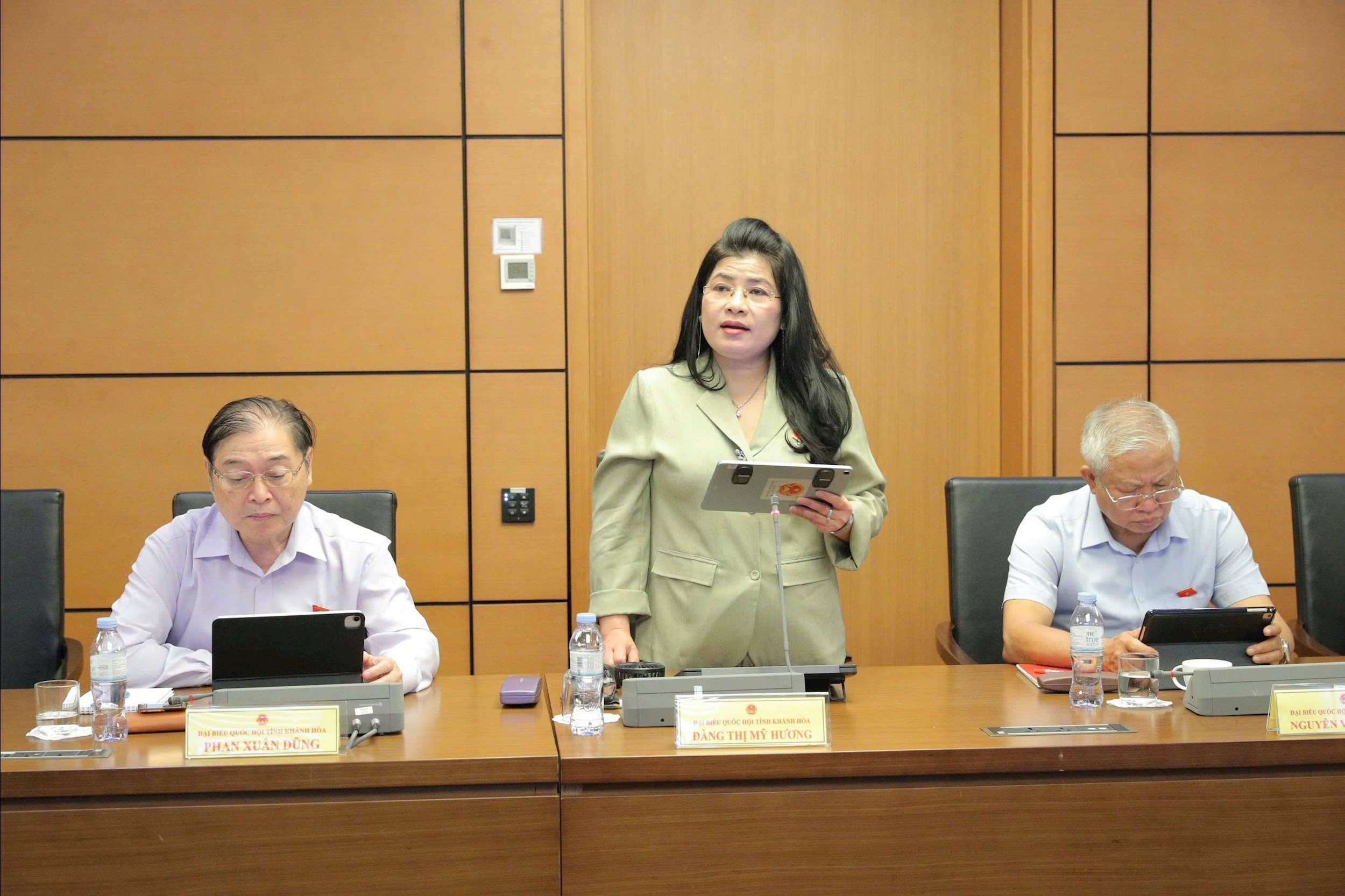
Specifically, the draft Law needs to clearly stipulate the rights of passengers in the aviation sector, such as: the right to information, support, and compensation in case of flight delays, cancellations, and lost luggage; conditions for ticket refunds; establishing a mechanism for quick complaints and conciliation through the digital platform of the state aviation management agency, and supplementing regulations on personal data protection in the aviation sector in accordance with current laws.
Source: https://daibieunhandan.vn/khac-phuc-cho-duoc-tinh-trang-chuyen-bay-bi-cham-10392368.html



![[Photo] Urgently help people soon have a place to live and stabilize their lives](/_next/image?url=https%3A%2F%2Fvphoto.vietnam.vn%2Fthumb%2F1200x675%2Fvietnam%2Fresource%2FIMAGE%2F2025%2F12%2F09%2F1765248230297_c-jpg.webp&w=3840&q=75)




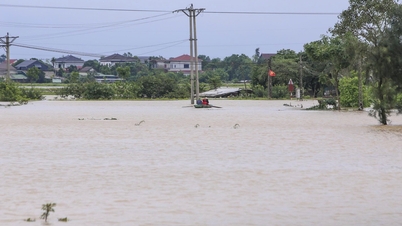



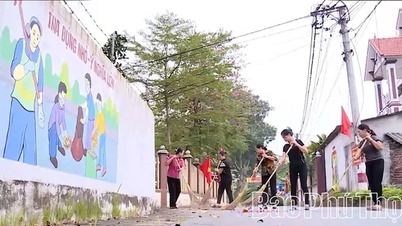

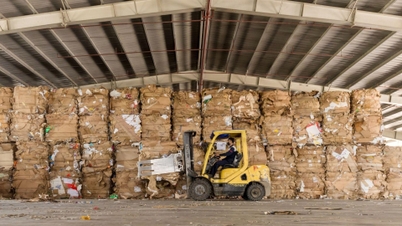

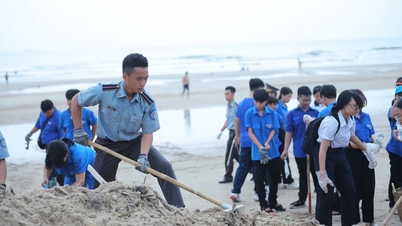



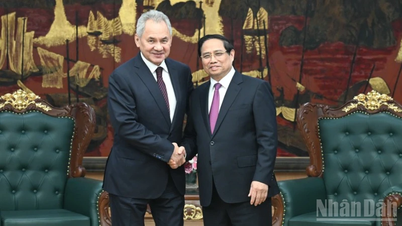


![[Video] Rapidly deploying "Quang Trung Campaign" to build houses for people in flood-hit areas](https://vphoto.vietnam.vn/thumb/402x226/vietnam/resource/IMAGE/2025/12/09/1765292632846_dung00-17-48-20still010-jpg.webp)

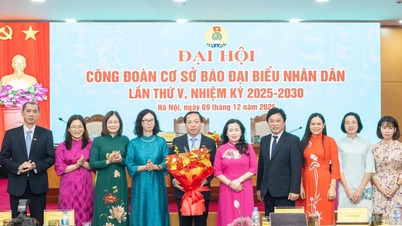




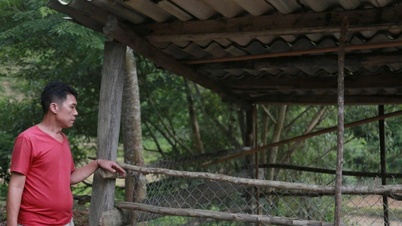
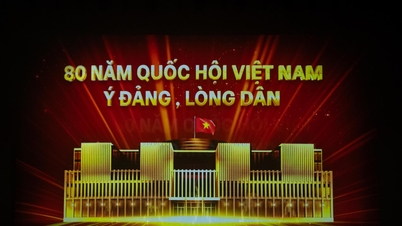


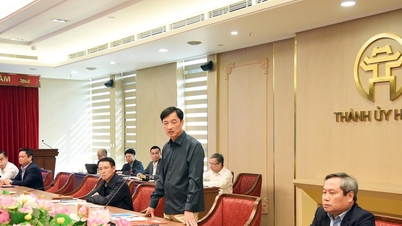







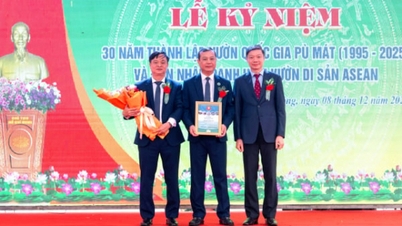


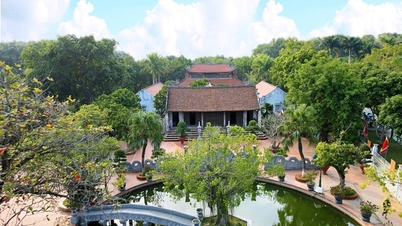
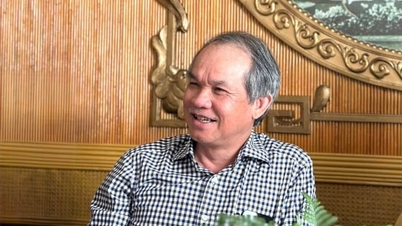


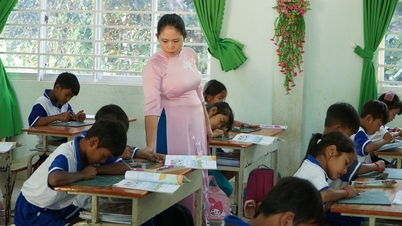

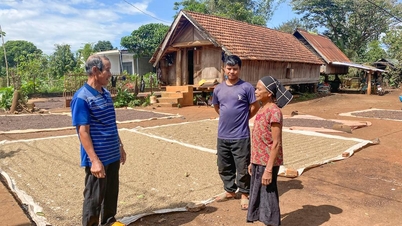

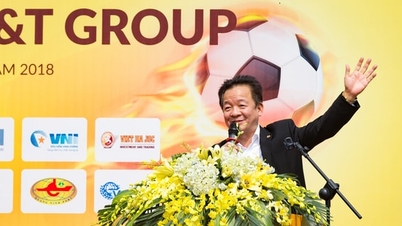




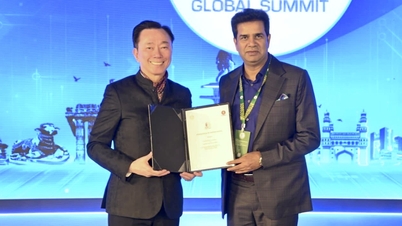

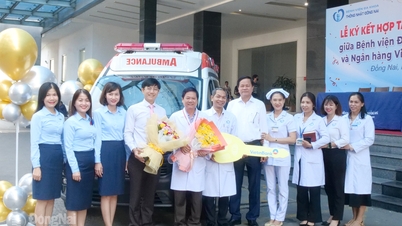

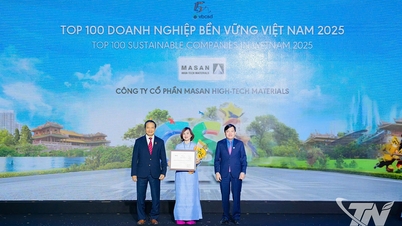


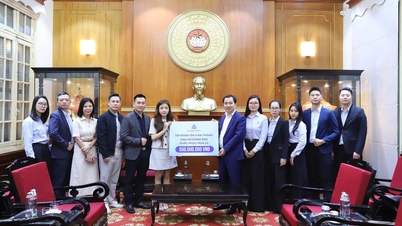







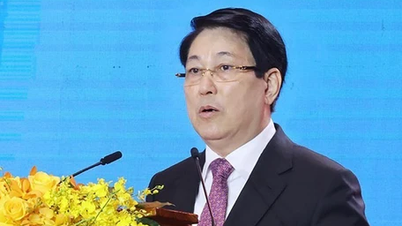
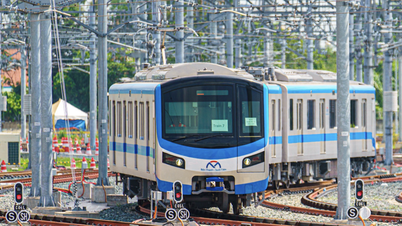

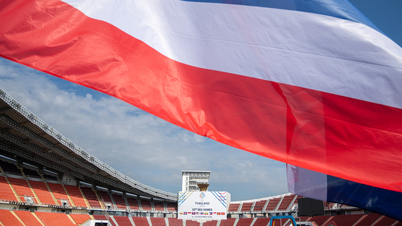

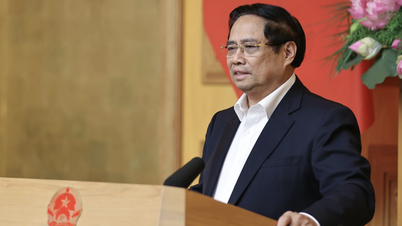
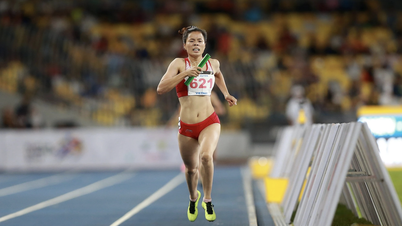
![[Photo] General Secretary To Lam works with the Standing Committees of the 14th Party Congress Subcommittees](https://vphoto.vietnam.vn/thumb/402x226/vietnam/resource/IMAGE/2025/12/09/1765265023554_image.jpeg)
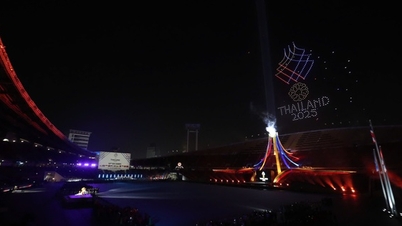



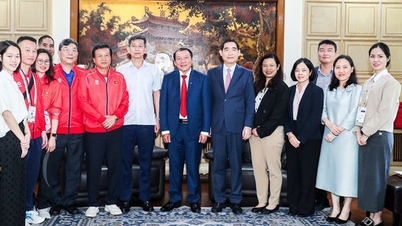


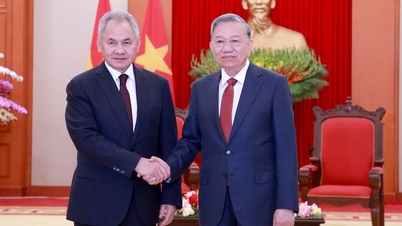



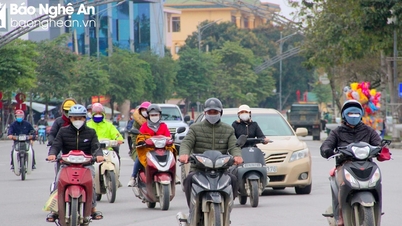


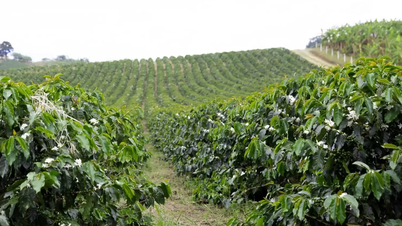
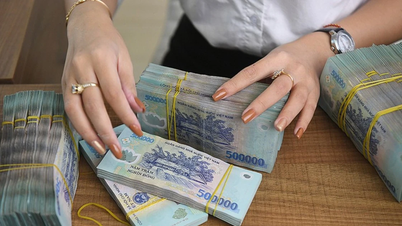


















Comment (0)